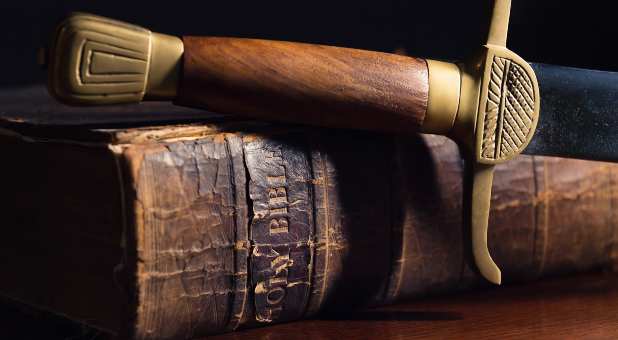Calvary Chapel Bangor, Maine, Files Reply at Supreme Court
Liberty Counsel has filed the reply brief for the petition for cert asking the U.S. Supreme Court to review the federal lawsuit of Calvary Chapel of Bangor against Gov. Janet Mills’ unconstitutional orders against churches.
Since Gov. Mills lifted the restrictions on all capacity limits in public indoor venues on May 24, she contends Calvary Chapel’s claims are moot and no effective relief can be granted. However, the governor could enact them again at any time for any reason, and the U.S. Supreme Court precedent on this issue agrees.
For example, in Tandon v. Newsom, the high court stated that “even if the government withdraws or modifies a COVID restriction in the course of litigation, that does not necessarily moot the case” and “officials with a track record of moving the goalposts retain authority to reinstate those heightened restrictions at any time.”
When Calvary Chapel of Bangor filed its lawsuit in May 2020, the governor’s orders permitted no religious gatherings, including parking lot services, and violations carried criminal penalties of up to six months in jail and a $1,000 fine. Then Gov. Mills changed the restrictions to a 50-person numerical cap notwithstanding the size of the facility. However, Gov. Mills “allowed” churches to hold secular gatherings to feed, shelter and provide social services and counsel to an unlimited number of people without restrictions or threat of criminal sanctions. After Liberty Counsel filed suit, she said at some point in the future she would allow very limited worship, but only after churches applied to reopen, were approved and displayed a badge on the building.
In addition, the governor’s public health officials are already raising concerns over the purported Delta variant of the coronavirus and its potential to impact in Maine. Her officials have stated that the Delta variant “is likely to be become much more common here in the next month or two, and it’s only a matter of time before it takes greater hold here in Maine.”
Therefore, Calvary Chapel seeks a permanent injunction so neither Mills nor any other governor can ever enact restrictions against churches again.
Gov. Mills deemed certain commercial and non-religious businesses so-called “essential” to include liquor stores, marijuana dispensaries, warehouse clubs, big box and supercenter stores that accommodate large gatherings of people. These organizations were never threatened with criminal sanctions, and people could still gather in these venues without restrictions. Other exempted businesses also include transportation facilities, bus stations, train stations, airports, manufacturing facilities, gas stations, laundromats, industrial manufacturing, post offices and shipping outlets, financial payment, clearing and settlement operations, and legal, business and professional services.
Liberty Counsel founder and Chairman Mat Staver said, “The U.S. Supreme Court had already ruled against these unconstitutional worship bans, and Gov. Janet Mills continued her draconian restrictions against churches and places of worship. The high court now must end Gov. Mills’ unconstitutional actions once and for all.” {eoa}
This article originally appeared at lc.org lc.org.
Follow breaking news like this and more in our new platform, CHARISMA PLUS.














































